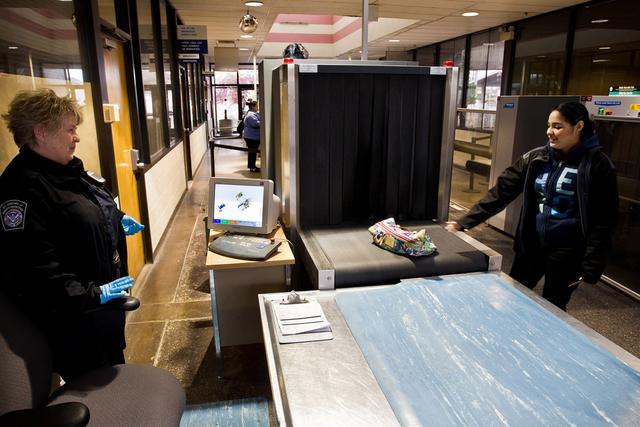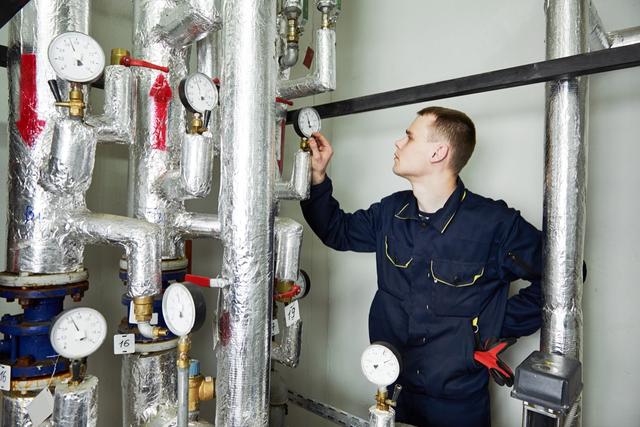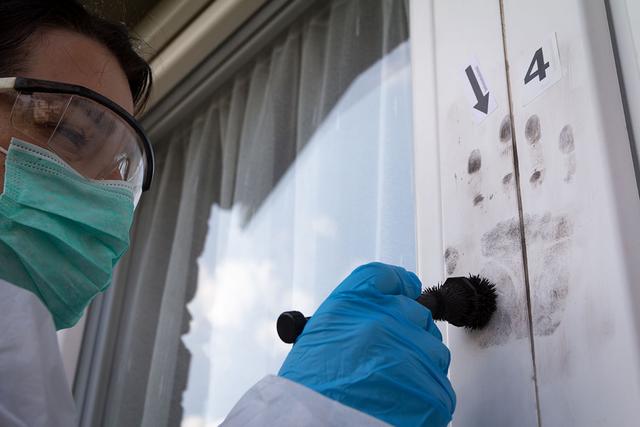Polygraph Examiners
Overview

Introduction
Polygraph examiners use polygraph equipment and techniques to determine whether individuals have answered questions truthfully or dishonestly. Polygraphs, often called "lie detectors," are instruments that measure and record certain nonvoluntary body responses that are affected by the individuals emotional state. To judge whether the subject has answered all the questions truthfully, the examiner compares the reactions recorded for questions that are not likely to cause stress with the reactions recorded for other questions. More th...
Quick Facts
Median Salary
Employment Prospects
Minimum Education Level
Experience
Skills
Personality Traits
Earnings
According to ZipRecruiter, polygraph examiners earned average annual salaries of $96,203 in May 2020, with a low of $26,000 and a high of $152,500 or more.
Salaries for polygraph examiners are comparable to other forensic science technicians. According to the U.S. Department of Labor, polygraph examiners are included in a group of life, physical, and social technicians, a category that e...
Work Environment
Most polygraph examiners work 40-hour weeks, although some work longer and irregular hours, including nights and weekends. Examiners usually work indoors, but may travel to their appointments, often carrying their polygraph equipment, which can weigh 25 pounds or more.
Outlook
There is a need for law enforcement examiners, especially in the federal government. The growing population and increasing crime rate may create more openings for polygraph examiners in the future. Courts in many states allow the use of polygraph test results as evidence, and public pressure for reducing court backlogs may increase the use of polygraph tests. According to the U.S. Department of...





















































